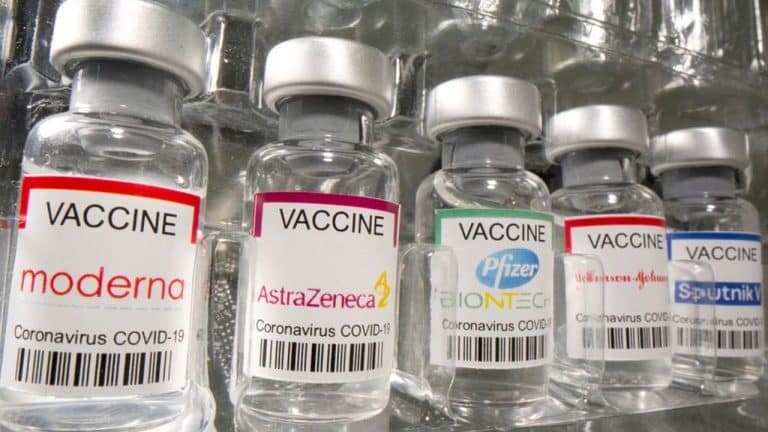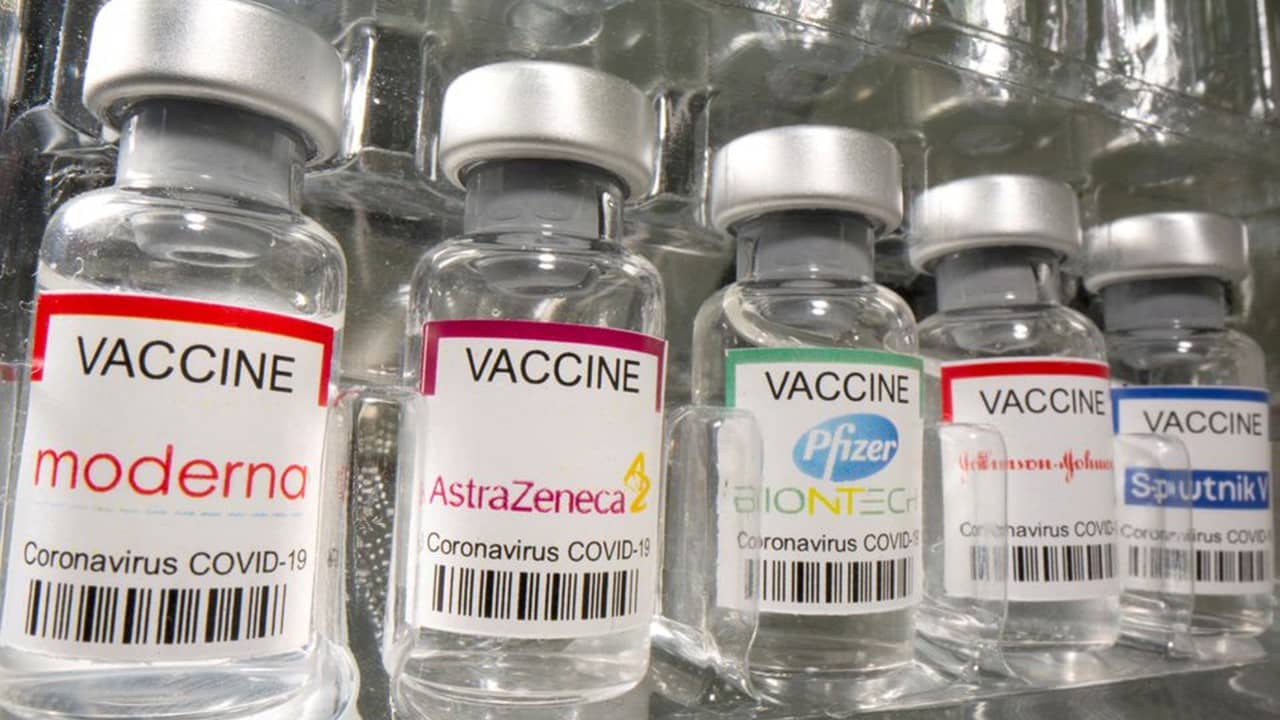
Investors believe a global pandemic needs a global solution.
How investors are concerned about vaccine providers’ commitment in spreading global access to Covid-19 vaccines.
A few weeks have passed since the beginning of the new year and 65 international investors have already made a step further in the direction of a more sustainable and equal world. On January 4th these investors, led by the Netherlands-based fund Achmea Investment Management, have signed and sent a letter to the boards of directors of Moderna, BioNTech and Pfizer, claiming for a more transparent business model and a more intense commitment in spreading global access to Covid-19 vaccines.
Among the vaccines’ providers, Pfizer is the one that draws more attention, mainly because of its extremely remunerative pricing strategy. Indeed, Pfizer’s price per vaccine has always been higher than the one of its peers, leading the company to estimate vaccine sales for $36bn in 2021 and $29bn in 2022.
The discrepancy in prices among the providers comes from the leading position of Pfizer inside the vaccine market (during October 2021 the company had 80% market share in the EU and 74% in the US), which entitles it to set prices and schedule vaccines’ supply in each country.
Of course, there are a lot of debates among economists and politicians about the pricing strategy used by Pfizer and the consequences that this strategy has had on the global vaccine supply, but a clear assessment does not exist, and maybe never will. Indeed, the disclosed information is not enough to clearly evaluate the situation and, most of all, establishing a price for a priceless good, such as a saving-lives vaccine, is always a thorny issue.
Some believe that Pfizer could have managed the vaccine supply in a more fairly and sympathetic way, while others point out that human, medical and economic benefits arising from vaccines are so worth that they could have set an even higher price.
The undeniable fact is that Pfizer and all the other providers are extremely powerful in nowadays world, and they will become even more influential if booster jabs will become an annual event.
But as we all know, with great power comes great responsibility. And this is what the 65 investors, that manage more than $4tn overall, want to highlight. And the fundamental responsibility for vaccine providers is now facilitating a rapid expansion of vaccine dispensing in low- and middle-income countries.
The disparity in accessing jabs is unacceptable: while in advanced economies citizens are receiving booster jabs, across the African continent vaccination rates are below 8%. These numbers make the World Health Organization (WHO) target of a 70% vaccination rate in each country within July 2022 pretty out of reach. The WHO has also highlighted that this allocation problem could even get worse if aggressive boosting campaigns are implemented in advanced economies. Indeed, the booster doses distributed in high-income countries already outnumber the total doses in low-income ones.
The discrepancy, mainly due to the high prices of vaccines according to health experts, is not just an equality issue. Scientists have already stressed many times that new variants are more likely to develop if huge percentage of the world population is not vaccinated, because the virus will keep mutating and crossing borders, as the Omicron story has shown.
As the WHO claims, “No one is safe until everyone is safe”. Therefore, a COVAX program has been developed, aiming to guarantee fair and equitable access to jabs for every country in the world. The program, co-led by Gavi, the Coalition for Epidemic Preparedness Innovations (CEPI) and WHO, aims to achieve the target through the acceleration of the manufacture of COVID-19 vaccines and the building of a unique supply chain, thanks to the essential partnership with UNICEF for the delivery net.
This is why companies are pressured to take action. Many experts suggest vaccine providers should license their technology to generic producers in low-income nations, so that the production of vaccine becomes faster and its price lower. But providers have focused on a different strategy: boosting their own production and selling the jabs at lower prices to middle and low-income nations. If this strategy will lead to the desired outcome is not clear, and it still depends a lot on pharma firms will.
What investors have suggested in their letter is to link wages of vaccine providers’ executives to the results achieved by them in making Covid-19 vaccines available around the world, and not only to the financial and economic performances they reach. This could be a solution to incentivize vaccine providers’ firms to deeply commit in facilitating low-income countries access to vaccine and in supporting the COVAX program.
As they have written in the letter, “A pandemic which remains out of control in many parts of the world is and should be at the top of our agenda as global investors, and also for governments and the companies in which we invest.”
Author: Edith Oldani
Investors believe a global pandemic needs a global solution.
How investors are concerned about vaccine providers’ commitment in spreading global access to Covid-19 vaccines.
A few weeks have passed since the beginning of the new year and 65 international investors have already made a step further in the direction of a more sustainable and equal world. On January 4th these investors, led by the Netherlands-based fund Achmea Investment Management, have signed and sent a letter to the boards of directors of Moderna, BioNTech and Pfizer, claiming for a more transparent business model and a more intense commitment in spreading global access to Covid-19 vaccines.
Among the vaccines’ providers, Pfizer is the one that draws more attention, mainly because of its extremely remunerative pricing strategy. Indeed, Pfizer’s price per vaccine has always been higher than the one of its peers, leading the company to estimate vaccine sales for $36bn in 2021 and $29bn in 2022.
The discrepancy in prices among the providers comes from the leading position of Pfizer inside the vaccine market (during October 2021 the company had 80% market share in the EU and 74% in the US), which entitles it to set prices and schedule vaccines’ supply in each country.
Of course, there are a lot of debates among economists and politicians about the pricing strategy used by Pfizer and the consequences that this strategy has had on the global vaccine supply, but a clear assessment does not exist, and maybe never will. Indeed, the disclosed information is not enough to clearly evaluate the situation and, most of all, establishing a price for a priceless good, such as a saving-lives vaccine, is always a thorny issue.
Some believe that Pfizer could have managed the vaccine supply in a more fairly and sympathetic way, while others point out that human, medical and economic benefits arising from vaccines are so worth that they could have set an even higher price.
The undeniable fact is that Pfizer and all the other providers are extremely powerful in nowadays world, and they will become even more influential if booster jabs will become an annual event.
But as we all know, with great power comes great responsibility. And this is what the 65 investors, that manage more than $4tn overall, want to highlight. And the fundamental responsibility for vaccine providers is now facilitating a rapid expansion of vaccine dispensing in low- and middle-income countries.
The disparity in accessing jabs is unacceptable: while in advanced economies citizens are receiving booster jabs, across the African continent vaccination rates are below 8%. These numbers make the World Health Organization (WHO) target of a 70% vaccination rate in each country within July 2022 pretty out of reach. The WHO has also highlighted that this allocation problem could even get worse if aggressive boosting campaigns are implemented in advanced economies. Indeed, the booster doses distributed in high-income countries already outnumber the total doses in low-income ones.
The discrepancy, mainly due to the high prices of vaccines according to health experts, is not just an equality issue. Scientists have already stressed many times that new variants are more likely to develop if huge percentage of the world population is not vaccinated, because the virus will keep mutating and crossing borders, as the Omicron story has shown.
As the WHO claims, “No one is safe until everyone is safe”. Therefore, a COVAX program has been developed, aiming to guarantee fair and equitable access to jabs for every country in the world. The program, co-led by Gavi, the Coalition for Epidemic Preparedness Innovations (CEPI) and WHO, aims to achieve the target through the acceleration of the manufacture of COVID-19 vaccines and the building of a unique supply chain, thanks to the essential partnership with UNICEF for the delivery net.
This is why companies are pressured to take action. Many experts suggest vaccine providers should license their technology to generic producers in low-income nations, so that the production of vaccine becomes faster and its price lower. But providers have focused on a different strategy: boosting their own production and selling the jabs at lower prices to middle and low-income nations. If this strategy will lead to the desired outcome is not clear, and it still depends a lot on pharma firms will.
What investors have suggested in their letter is to link wages of vaccine providers’ executives to the results achieved by them in making Covid-19 vaccines available around the world, and not only to the financial and economic performances they reach. This could be a solution to incentivize vaccine providers’ firms to deeply commit in facilitating low-income countries access to vaccine and in supporting the COVAX program.
As they have written in the letter, “A pandemic which remains out of control in many parts of the world is and should be at the top of our agenda as global investors, and also for governments and the companies in which we invest.”
Author: Edith Oldani
RELATED
Regulatory Developments in ESG Reporting and Their Implications for Businesses
The focus on Environmental, Social, and Governance (ESG) factors has surged, leading to significant regulatory changes worldwide. Key developments include the EU’s Corporate Sustainability Reporting Directive (CSRD), the US SEC’s...
Read MoreThe Earthshot Prize 2022
The Earthshot Prize 2022 The Earthshot prize is an award given to five winners that created some projects that could help our planet face some of the most important challenges...
Read More

